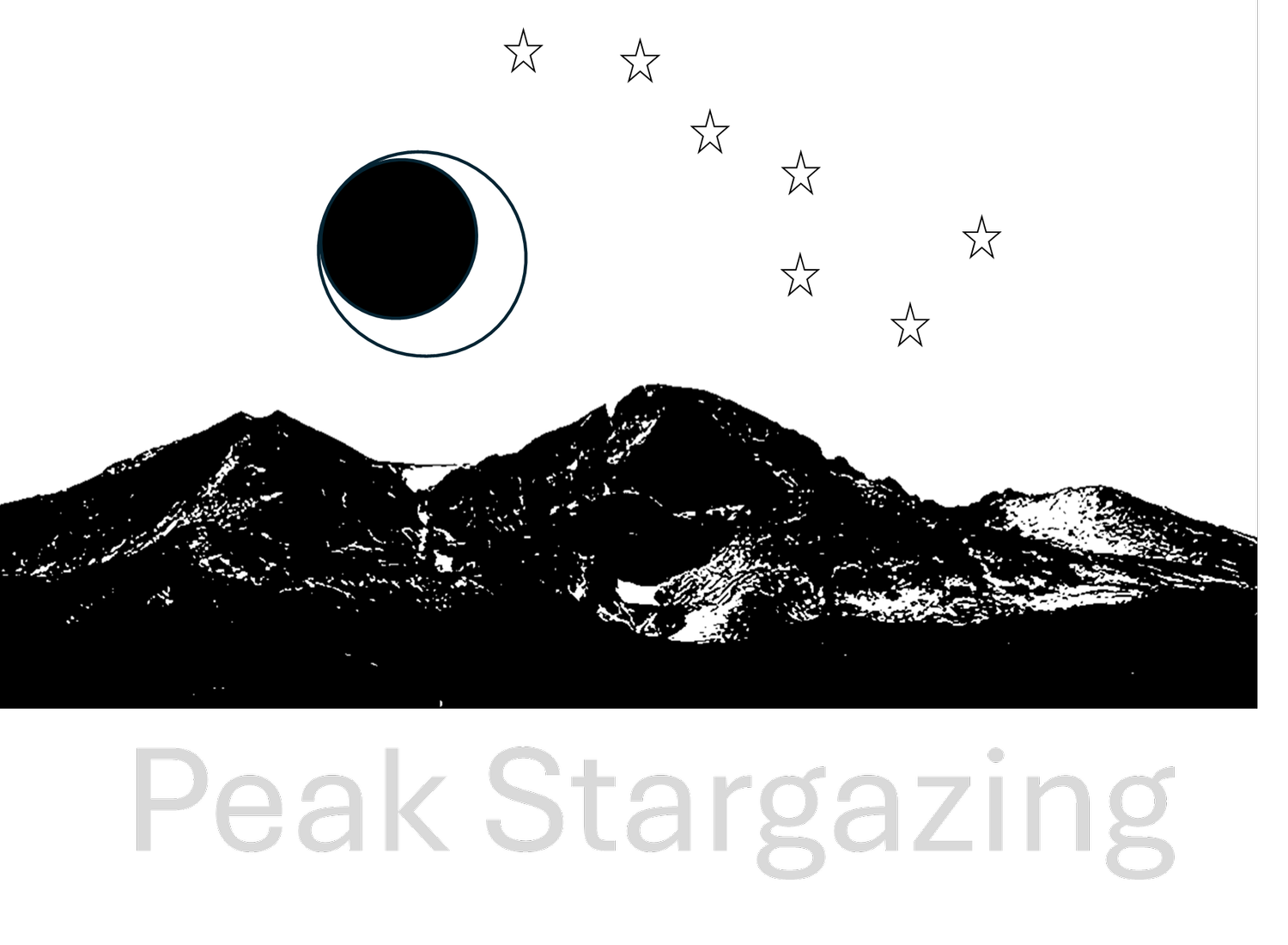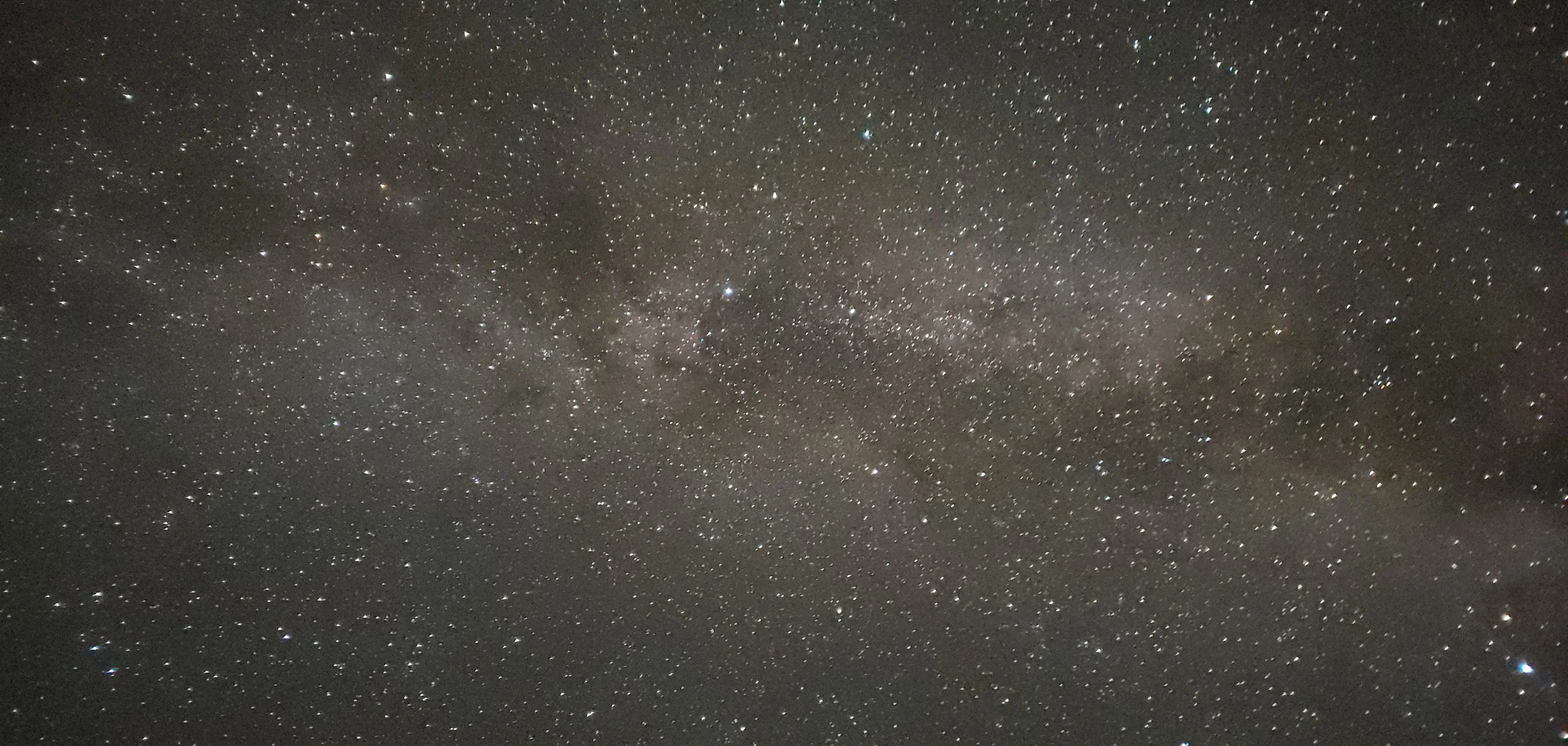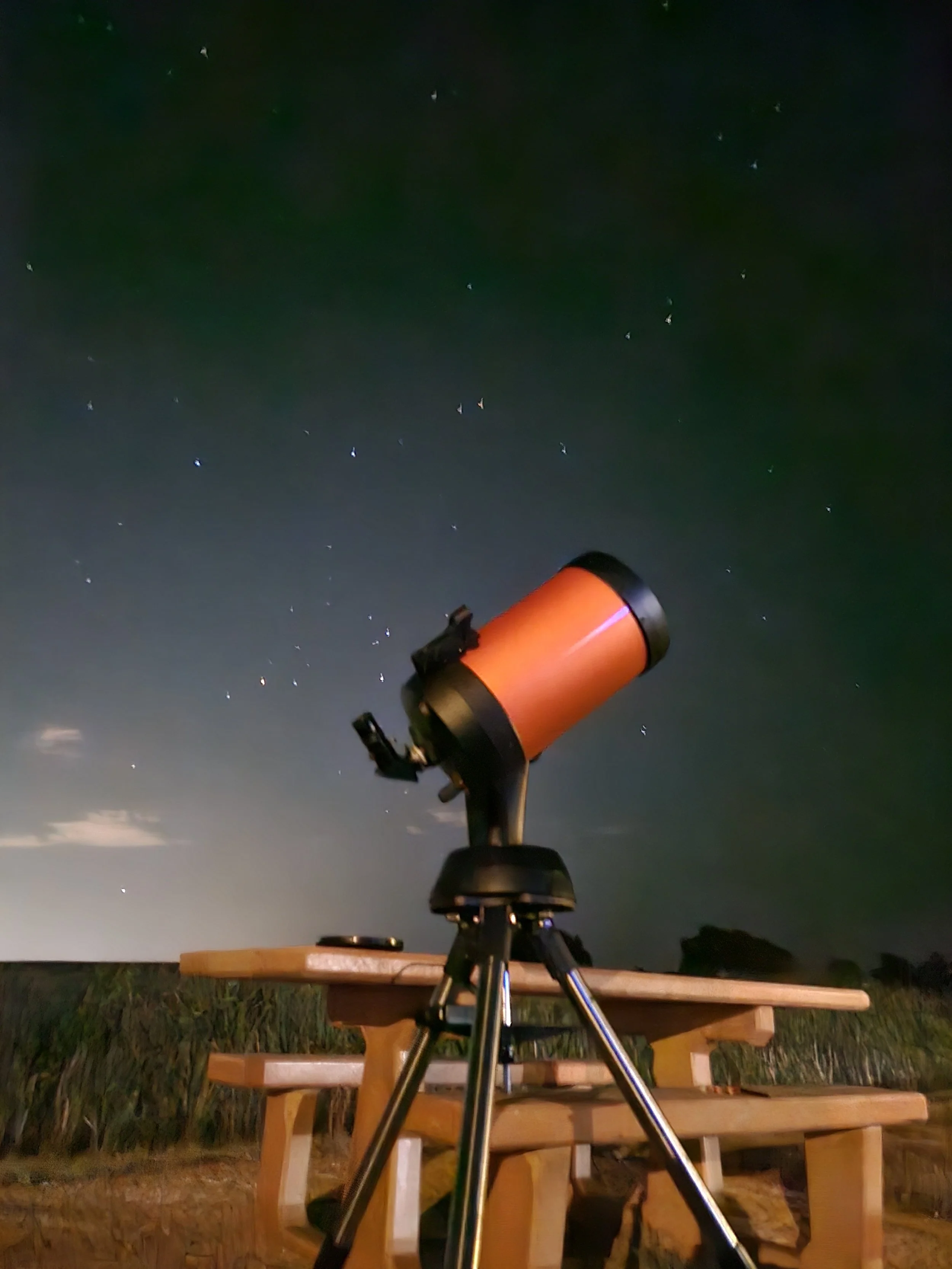Who we are
Peak Stargazing was started to introduce more people to the wonders of the night sky. Our aim is to increase awareness of light pollution, provide some hands-on education in physics and astronomy, and create fantastic memories!
We’ll walk you through the creation of our solar system, stars, and galaxies against the backdrop of our own Milky Way Galaxy. Our goal is to give you a better understanding and appreciation of our universe, and answer any questions you might have such as - How do planets, stars, and galaxies form? Why do we only have one sun? Is there life on Mars? Where do meteors come from? What does the moon smell like?
We hope our programs will ignite your curiosity and have your imagination running wild!
-

Jacob Rehmeier
STARGAZING LEAD
Jacob was born and raised in Wyoming, where the sparse population and high elevation provided an ideal environment for looking at the stars every night. He went to the University of Wyoming for a B.S. in Physics and went on to earn an M.S. in Aerospace Engineering with a focus in Bioastronautics from CU Boulder. He currently works as an Engineer at Lockheed Martin Space.
Stargazing is one of Jacob’s favorite hobbies since it can be done almost anywhere, and there’s always something new to see. One of his favorite memories is watching the total solar eclipse in Jackson, Wyoming during the summer of 2017.
In his free time, Jacob enjoys being outdoors with his wife and daughter, climbing mountains, backcountry snowboarding, camping, biking, and gardening. He and his wife have climbed all the Colorado 14ers, and several other mountains in Nepal, Africa, and Ecuador.
Stargazing Tips
If you’re visiting Colorado and wanting to make the most of your time here, stargazing on a clear night is a must-do! Here we offer a few of our top tips for making your next stargazing adventure memorable:
Find a location as far away from light pollution as possible. We recommend using a site such as Dark Sky Map.
Once you know where you’d like to go, find a comfortable spot away from traffic and other light sources to set up. Bring chairs, jackets, bug spray, your favorite stargazing optics (telescope, binoculars, etc.), and maybe a mug of your favorite hot beverage to keep warm.
Make sure you’ve practiced setting up and using your telescope or binoculars and mount. This can be difficult enough in the daylight, but take away the lighting and add in some end-of-day tiredness and setting up can quickly become frustrating.
Double check the forecast! The last thing you want is to find the perfect spot only to be clouded-out, rained-out, or blown away with high winds. We typically use the National Weather Service as a starting point (just select your location on the small map on the right), but whatever your favorite weather app is should be just fine.
Have a list of objects you’d like to view, a list of backup objects in case your preferred ones are not visible, and make sure you know how to locate them.
BONUS TIP - If this all sounds like a lot of work, that’s because it can be! Book a night with us and let us do the work for you while you enjoy the views and ask our experts questions about the cosmos.
We offer FREE public stargazing on Wednesdays at Hillsdale Park in Berthoud, CO!
Check our social media pages for seasonal changes, up to date times, and cancellations.
If you’re in the area, don’t forget to also schedule a visit to the
Little Thompson Observatory!
Contact us
Looking for a one-of-a-kind Stargazing experience or have feedback on how we can improve? Send us a message and we will be in touch shortly. We look forward to hearing from you!



